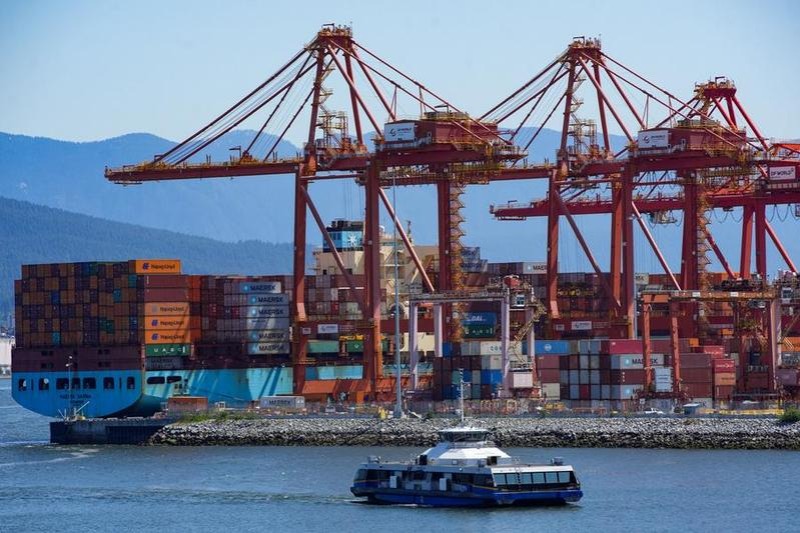Ideal time to upgrade Sino-Russian economic bond

Future cooperation holds huge untapped potential
Gao Fei, director of the Center for Russia Studies, China Foreign Affairs University
The recent momentum in Sino-Russian trade can be largely attributed to Russia's economic recovery. Russia is emerging from a difficult situation in the wake of the Ukraine crisis and the subsequent economic sanctions imposed by the US and the EU.
That commodity prices have begun to stabilize has also contributed to the growth in Sino-Russian trade. Moreover, the advancement of the China-proposed Belt and Road Initiative has boosted trade along the route, including in Russia.
Under the Shanghai Cooperation Organization framework, Beijing and Moscow have steadily strengthened economic relations, among which the linking of the Belt and Road Initiative and the Russia-led Eurasian Economic Union is seen as a strong sign of deepening cooperation. The Belt and Road Initiative and the EEU are complementary in nature-the BRI is aimed at reducing the cost of trade and deepening cooperation among countries through better connectivity while the EEU's aim is to lower tariffs in order to reduce trade cost. Given the effectiveness of the two initiatives, the path to deeper cooperation seems smooth.
Looking ahead, China and Russia have immense potential to tap in the traditional industry of energy and the emerging sector of e-commerce. Russia is trying to increase its share of China's energy market, whose demand for energy is nearing its peak. And China, while transitioning to green energy including natural gas, is showing greater appetite for Russian oil and gas.
Indeed, the two countries are collaborating in e-commerce, as both have huge demands for each other's products. In fact, some Chinese e-commerce platforms, including Alibaba and its e-payment business, have grown rapidly in Russia.
But as the two countries deepen cooperation and exchanges, economic frictions-like the one last year over a Chinese water company's project near Lake Baikal that some local residents were opposed to-are likely to increase. So a mechanism acceptable to both sides has to be worked out to ensure such conflicts are amicably resolved. And Chinese enterprises should regulate their behavior, improve their management and increase communication and interactions with local governments, organizations and local residents to ensure the smooth progress of their projects.
Also, the two sides should ignore the weird conclusions of some foreign media outlets, which have cited the example of China-Russia joint military exercise at Vostok-2018 to claim the two neighbors have formed a "new security alliance".
That China is willing to cooperate with Russia, or any other country, in different fields, including military and security, to boost mutual trust does not mean it has abandoned its nonaligned policy.


































